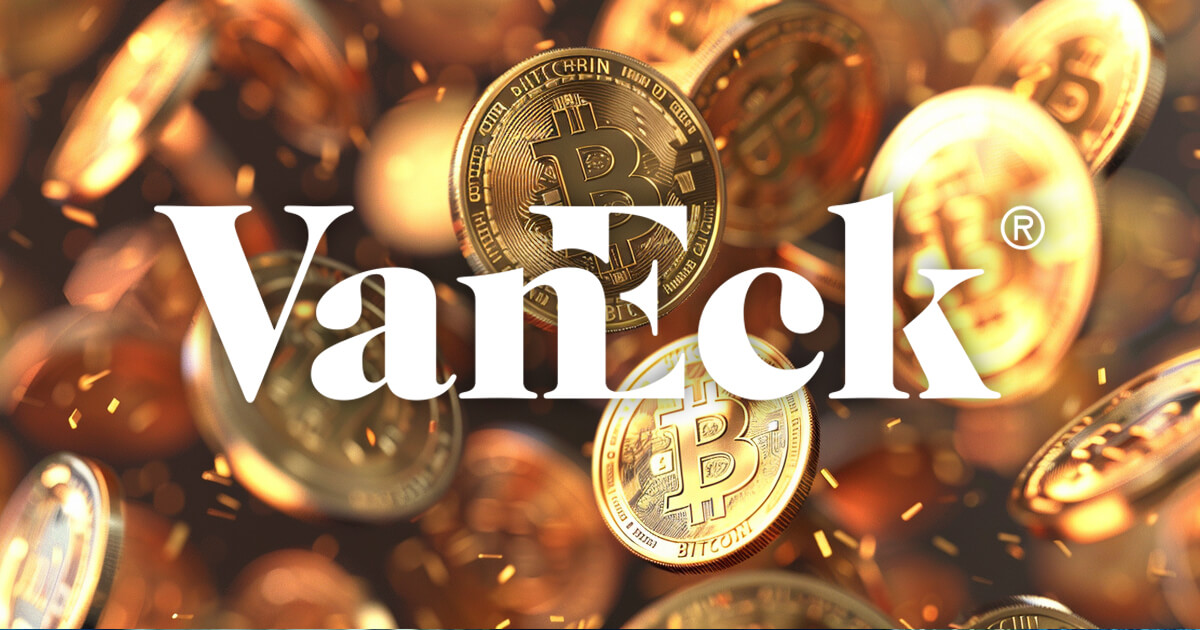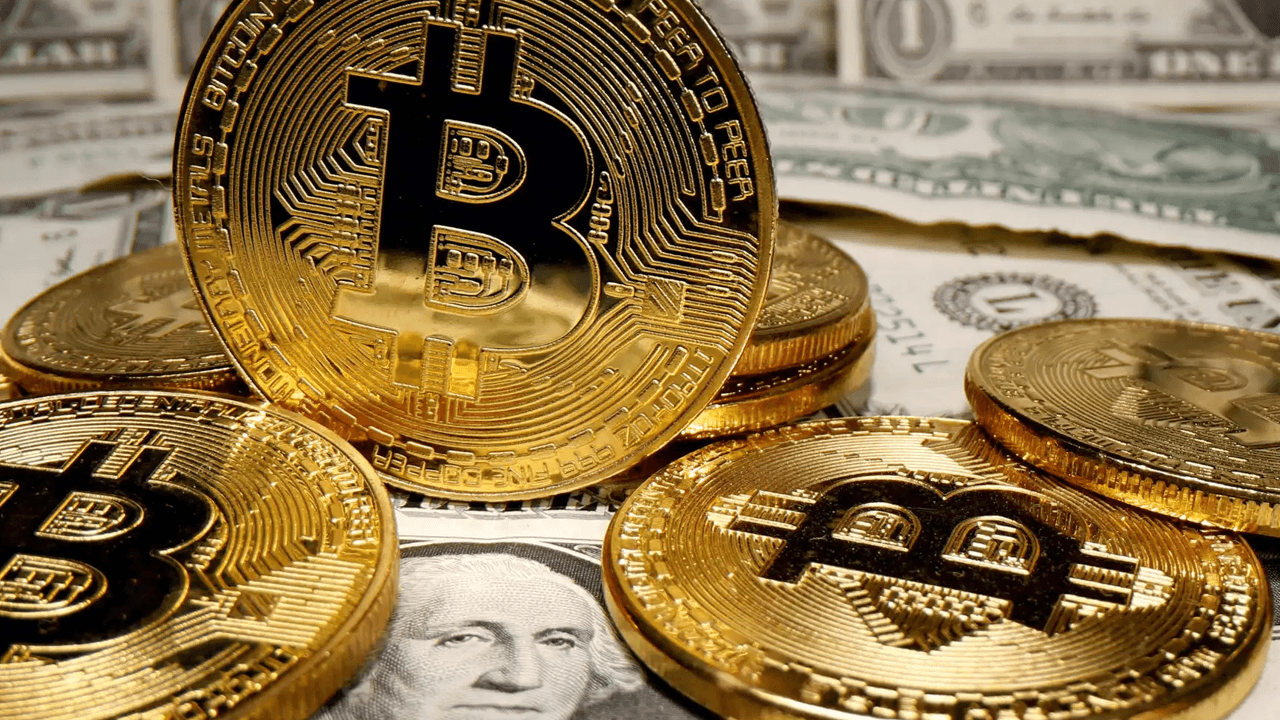Reignited Global Trade Tensions: A New Lease of Life for Bitcoin
The global trade landscape has witnessed a significant shift with US President Donald Trump’s announcement of new reciprocal tariffs on 180 countries. This bold move has rekindled trade tensions that have been simmering for quite some time, leading to fresh uncertainty in financial markets.
Impact on Bitcoin
Amidst this turmoil, Bitcoin, the world’s largest cryptocurrency, has emerged as a potential strategic financial asset for investors. According to Matthew Sigel, the head of digital assets at VanEck, the renewed trade tensions have led to a surge in interest in Bitcoin.
The digital currency had initially dipped to the $81,000 range following the April 2 announcement, reflecting broader risk-off sentiment. However, Bitcoin’s ability to decouple from traditional financial markets and its perceived value as a safe-haven asset have kept it in the limelight.
Why Bitcoin as a Safe-Haven Asset?
Bitcoin’s decentralized nature, limited supply, and increasing institutional adoption make it an attractive alternative to traditional safe-haven assets like gold and bonds. Moreover, Bitcoin’s digital nature allows for seamless and borderless transactions, making it an ideal solution for investors looking to diversify their portfolios and hedge against economic uncertainty.
Impact on Individuals
For individuals, the renewed trade tensions and the resulting volatility in financial markets can lead to increased uncertainty regarding their investment portfolios. Bitcoin, as a potential safe-haven asset, could offer a degree of protection against this uncertainty. However, it’s essential to remember that investing in Bitcoin comes with its own risks, including price volatility and the lack of regulation.
Impact on the World
The impact of the renewed trade tensions and the resulting interest in Bitcoin is not limited to individuals. The global economy stands to be affected in numerous ways. Trade wars can lead to decreased global trade, which can negatively impact economic growth. Moreover, the uncertainty caused by trade tensions can lead to a flight to safety, driving up the demand for safe-haven assets like Bitcoin and gold.
Conclusion
The US President’s announcement of new reciprocal tariffs on 180 countries has reignited global trade tensions, leading to renewed interest in Bitcoin as a strategic financial asset. While the digital currency’s decentralized nature, limited supply, and increasing institutional adoption make it an attractive alternative to traditional safe-haven assets, it’s essential to remember that investing in Bitcoin comes with its own risks. For individuals, Bitcoin could offer a degree of protection against the uncertainty caused by trade tensions. For the world, the impact is far-reaching, with potential consequences for global trade, economic growth, and financial markets.
- US President’s new reciprocal tariffs on 180 countries have led to renewed trade tensions
- Renewed trade tensions have led to fresh interest in Bitcoin as a strategic financial asset
- Bitcoin’s potential as a safe-haven asset lies in its decentralized nature, limited supply, and increasing institutional adoption
- Individuals could use Bitcoin to hedge against the uncertainty caused by trade tensions
- Global impact includes decreased global trade, potential negative impact on economic growth, and increased demand for safe-haven assets





